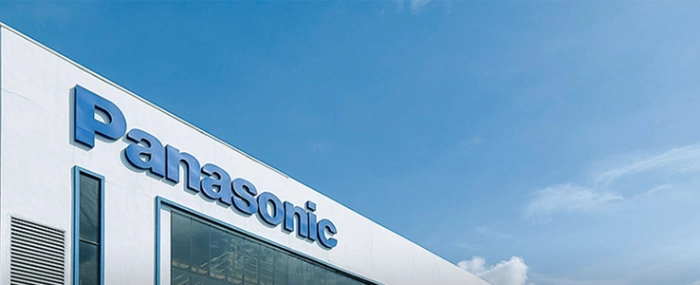
Panasonic Energy, Mazda to begin preparation for auto battery supply
Panasonic Energy aims to increase its production capacity and plans to produce cylindrical lithium-ion batteries at its factories in Osaka from 2027 onward. These will be module-packaged by Mazda.
Panasonic Energy and Japanese automaker Mazda Motor announced they will prepare for the supply of next-generation cylindrical automotive lithium-ion batteries in anticipation of their installation in Mazda’s battery electric vehicles (BEVs).
The BEVs are expected to be introduced from 2027 onwards.
The move reflects the two companies’ aim of establishing a medium- to long-term partnership, according to a media release.
Japan’s Ministry of Economy, Trade and Industry has approved their joint project for the expansion of battery production and technology development.
Mazda is dividing its roadmap into three phases, advancing the production of EVs in response to market changes and customer needs, the media release said. By 2027, the company plans to introduce a BEV model based on its first dedicated EV platform.
As part of this collaboration, Panasonic Energy aims to increase its production capacity and plans to produce cylindrical lithium-ion batteries at its Suminoe and Kaizuka factories in Osaka from 2027 onward. These will be module-packaged by Mazda. Panasonic Energy plans to achieve a domestic production capacity of 10 GWh annually for this collaboration by 2030.
The Japanese government has positioned storage batteries as a strategic asset for achieving carbon neutrality by 2050, and is working to expand the domestic battery supply chains and improve industrial competitiveness.
“Through this collaboration, we are poised to drive the expansion of BEV manufacturing and boost the competitiveness of Japan’s battery industry. Our ultimate goal is to foster a sustainable society, and we are dedicated to achieving this mission,” Kazuo Tadanobu, President and CEO of Panasonic Energy, said.
“Mazda is committed to achieving carbon neutrality and is driving the transition to electrification through a range of solutions that cater to our customers’ needs and lifestyles,” Masahiro Moro, President and CEO of Mazda, said. “We will make the most of the highly efficient, high-performance, and safe batteries supplied by Panasonic Energy, and deliver distinctive Mazda BEVs to our customers that perfectly balance design, convenience, and driving range.”
The two companies signed an automotive battery supply agreement in May 2024.
Mazda is aiming to step up production of EVs as part of a 1.5 trillion yen (USD 9.9 billion) spending plan it unveiled in 2022.
Panasonic Energy, the energy unit of Panasonic Holdings, also makes batteries for Tesla.
